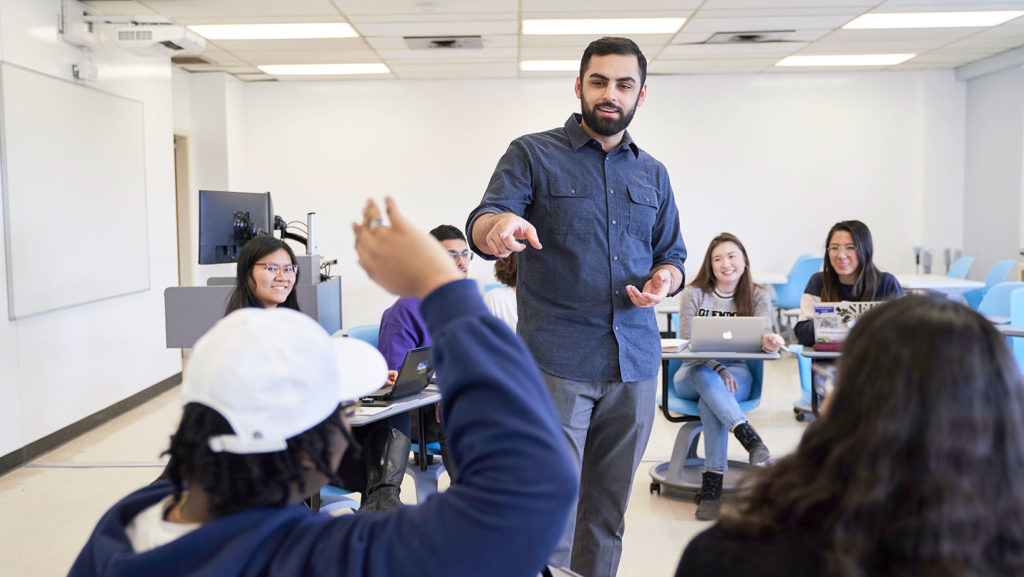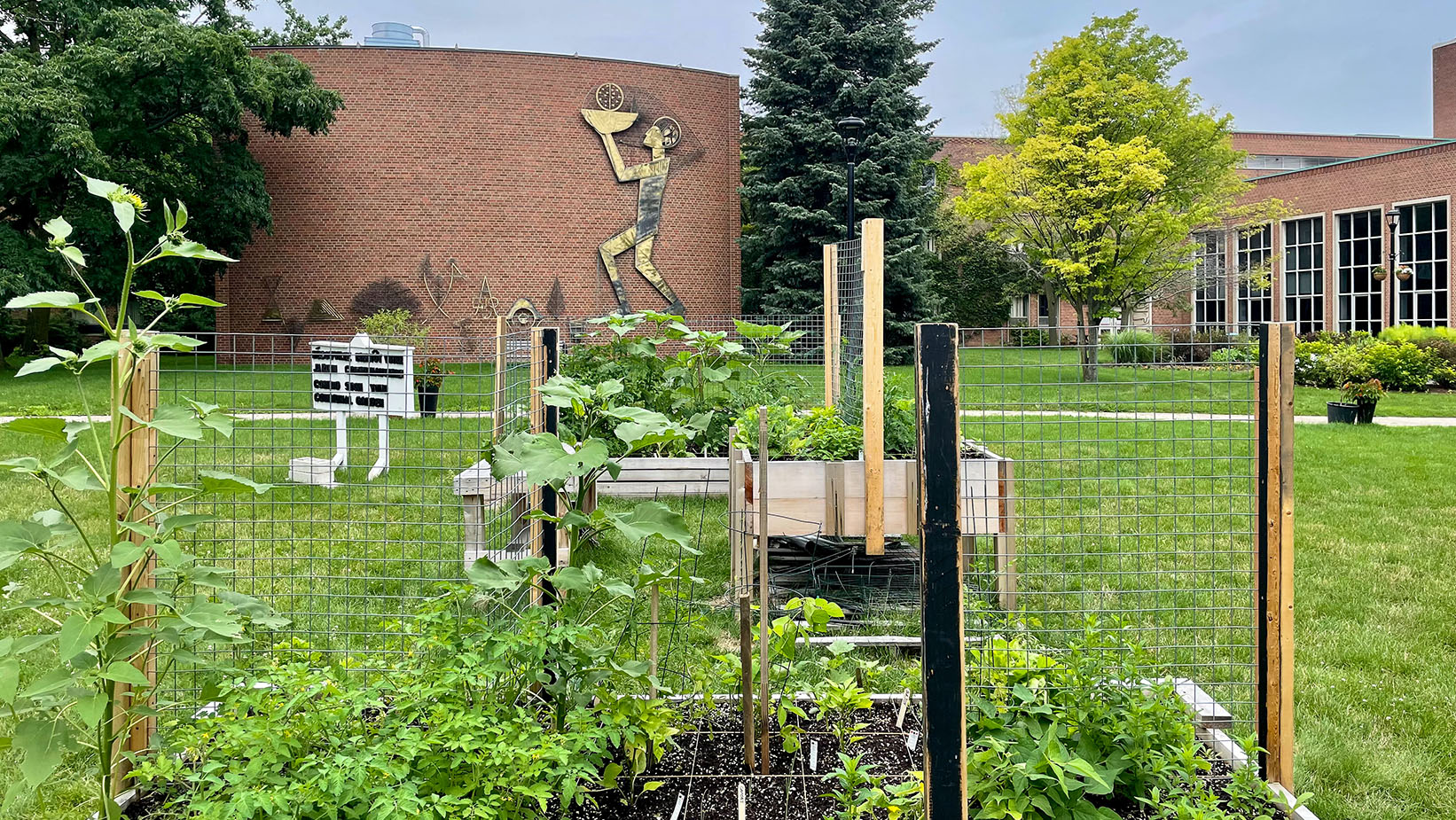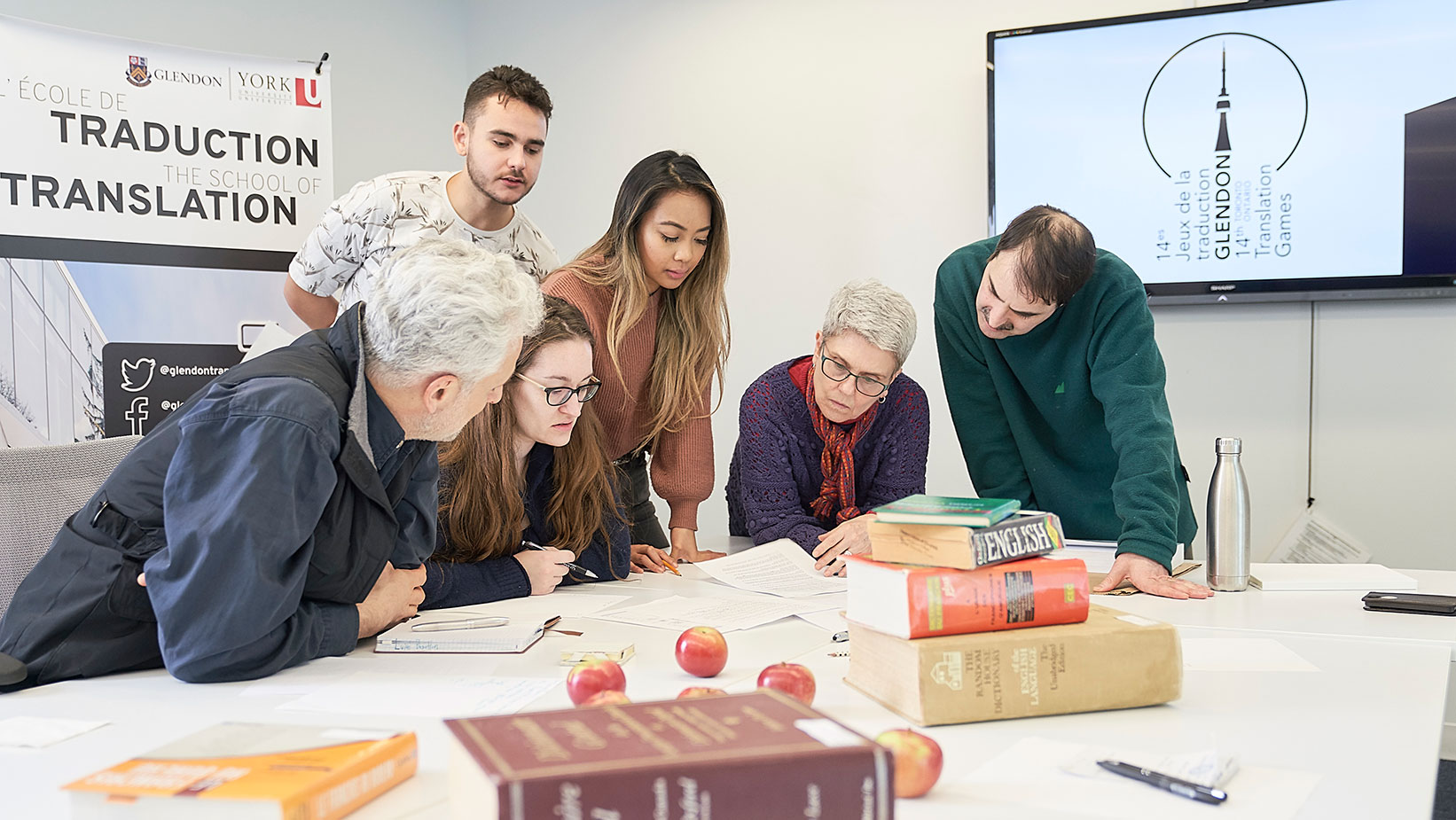Notre maîtrise en traductologie est le seul programme de ce type au Canada qui n’exige pas que les candidats maîtrisent l’anglais et le français. Vous acquerrez une compréhension de la traduction en découvrant la manière dont les traducteurs font face aux défis, aux obstacles, aux conflits et aux problèmes éthiques. Vous obtiendrez un diplôme avec une gamme complète d’outils théoriques, conceptuels et méthodologiques nécessaires à une analyse et à une compréhension approfondies des questions liées à la traduction. Dans le cadre de votre diplôme, vous aurez la possibilité de rédiger en anglais ou en français une thèse ou un mémoire de recherche sur un large éventail de sujets de recherche et de combinaisons linguistiques.
Vous découvrirez que notre programme propose une variété d’activités axées sur la recherche tout au long de l’année, telles qu’une École d’été en traductologie, des conférences, des ateliers, des événements de réseautage et un colloque étudiant annuel. Vous pouvez également participer à des événements autour du Groupe de recherche sur la traduction et le contact transculturel, qui fait partie du Centre de recherche sur le contact des langues et des cultures.
Découvrez comment chaque année d’étude est organisée et comment lancer votre carrière selon votre majeure.
Les cours
Durant vos études, vous suivrez des cours qui vous proposent une approche approfondie et équilibrée à la traductologie, allant des cours d’introduction aux cours spécialisés, tels que Traduire Balzac, Research Methods in Translation Studies et Translation and Philosophy.
Voir les horaires des cours sur le site de l’Université York

Découvrez les réalisations de nos étudiants
Découvrez la diversité des sujets et des disciplines que les étudiants de la maîtrise en traductologie ont explorés à travers leurs travaux et leurs publications.
Autres détails du programme
Prix étudiants
Au sein du programme de maîtrise en traductologie, nous tenons à reconnaître votre réussite et votre engagement envers l’excellence. Les prix et les bourses ne sont pas seulement un coup de pouce financier, mais aussi un excellent moyen de montrer votre travail acharné sur votre CV et votre relevé de notes universitaires. Consultez les bourses disponibles, dont la bourse d’études supérieures Daniel Simeoni en traduction.


Rejoignez notre association étudiante
Pour les étudiants et étudiantes du programme, l’Association étudiante de la maîtrise ès arts en traductologie (AÉMAT) est une communauté sociale qui offre la possibilité de rencontrer vos pairs, de profiter de leur soutien et d’acquérir de nouvelles compétences.




